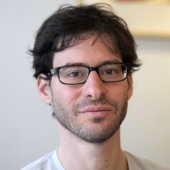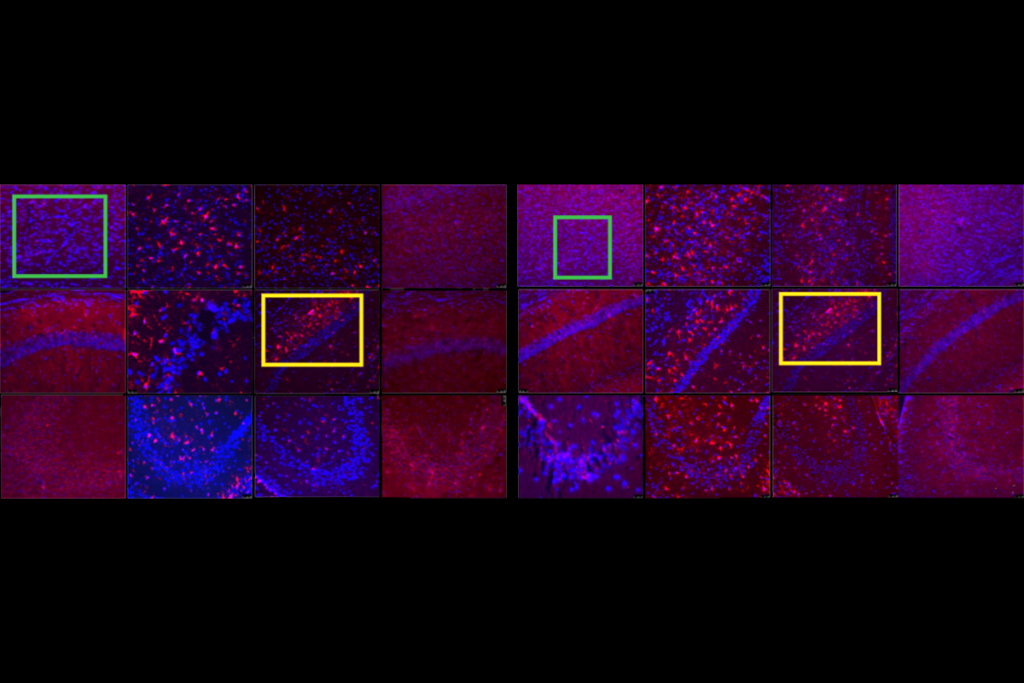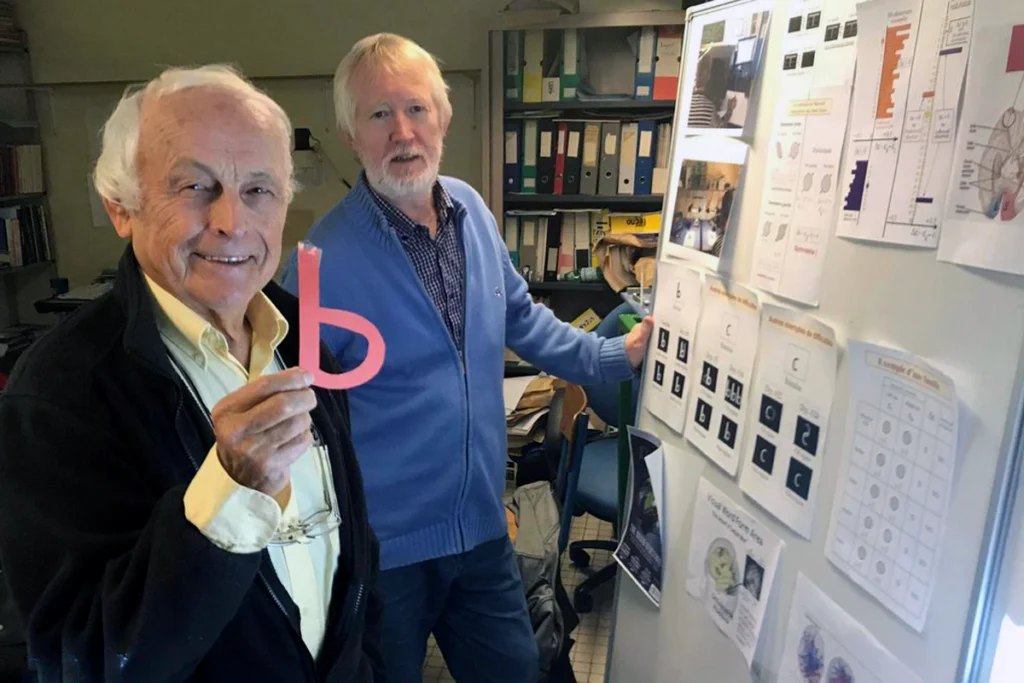Brendan Borrell is a freelance journalist based in Los Angeles, California. His stories have appeared in The Atlantic, The New York Times, Bloomberg Businessweek, Outside, National Geographic and many other publications. He is the author of “The First Shots: The Epic Rivalries and Heroic Science Behind the Race to the Coronavirus Vaccine,” and he has a Ph.D. in integrative biology from the University of California, Berkeley.

Brendan Borrell
Contributing writer
From this contributor
Exclusive: Who is Richard Frye, the neurologist who researches and advocates for leucovorin as an autism treatment?
Frye has led two placebo-controlled trials of the folate supplement in autistic people; the first was suspended by regulators, and the other has yet to be published.
Alzheimer’s scientist forced to retract paper during his own replication effort
Gary Dunbar, a neuroscientist at Central Michigan University, was attempting to redo the 2020 paper after a collaborator admitted to using flawed data in the original work.

Alzheimer’s scientist forced to retract paper during his own replication effort
Former Columbia University psychiatrist committed research misconduct, says federal watchdog
Bret Rutherford, whose research was halted following a suicide in a clinical trial, falsely reported participant eligibility, according to the U.S. Office of Research Integrity.

Former Columbia University psychiatrist committed research misconduct, says federal watchdog
FDA describes ‘objectionable conditions’ at New York State Psychiatric Institute
The facility’s institutional review board failed to report a 2021 incident and “serious and ongoing noncompliance” by a principal investigator, according to a letter released by the federal agency this week.

FDA describes ‘objectionable conditions’ at New York State Psychiatric Institute
Controversial dyslexia study marred by methodological and ethical problems, researchers say
Subsequent studies have also failed to validate a range of products based on the work.

Controversial dyslexia study marred by methodological and ethical problems, researchers say
Explore more from The Transmitter
Shifting neural code powers speech comprehension
Dynamic coding helps explain how the brain processes multiple features of speech—from the smallest units of sounds to full sentences—simultaneously.

Shifting neural code powers speech comprehension
Dynamic coding helps explain how the brain processes multiple features of speech—from the smallest units of sounds to full sentences—simultaneously.
Astrocytes orchestrate oxytocin’s social effects in mice
The cells amplify oxytocin—and may be responsible for sex differences in social behavior, two preprints find.

Astrocytes orchestrate oxytocin’s social effects in mice
The cells amplify oxytocin—and may be responsible for sex differences in social behavior, two preprints find.
Neuro’s ark: Spying on the secret sensory world of ticks
Carola Städele, a self-proclaimed “tick magnet,” studies the arachnids’ sensory neurobiology—in other words, how these tiny parasites zero in on their next meal.

Neuro’s ark: Spying on the secret sensory world of ticks
Carola Städele, a self-proclaimed “tick magnet,” studies the arachnids’ sensory neurobiology—in other words, how these tiny parasites zero in on their next meal.
